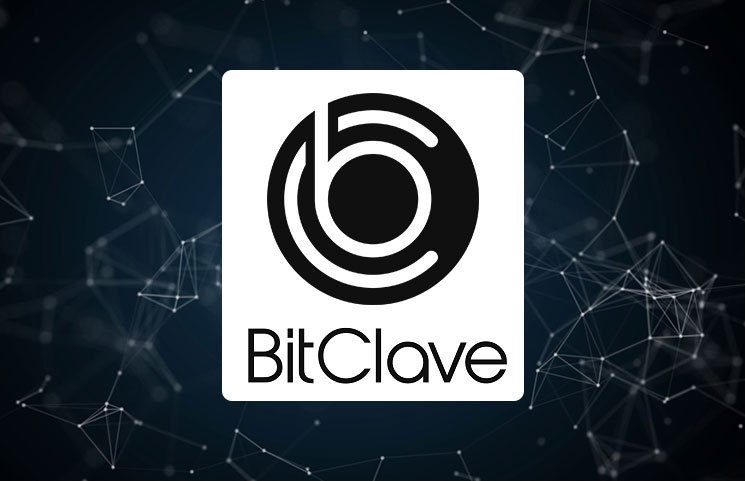BitClave Builds Decentralized Search Ad Platform
by Laurie Sullivan @lauriesullivan, July 17, 2017
Blockchain startup founder Alex Bessonov, a former LG Electronics chief security officer, led a team at BitClave to build a decentralized search advertising platform he believes will become a more secure and cost-effective option than Google and Bing for advertisers.

BitClave proposes a system in which intermediaries are eliminated and interactions are facilitated by the network itself. The details of how it works are outlined in a recently published published whitepaper.
Instead of paying a middleman, companies make personalized offers direct to consumers who have opted in for the service. Brands sign up to participate in the program and consumers opt-in and pick the brands they would like to receive ads from.
Blockchain, an emerging technology that validates and verifies the transaction across the network to create a permanent record, makes this system possible. It removes the need for companies to step in and mediate the ad-serving process, according to Bessonov.
The decentralized network lets businesses exchange information freely with consumers. If it catches on, the technology could become a heavy blow to Google’s billion-dollar ad revenue, which eMarketer estimates will reach more than $73 billion in 2017, rising to $96 billion by 2019.
The BitClave Active Search Ecosystem wants to provide an experience similar to a traditional search engine — with a twist. It’s one that allows users more control over the data they share with advertisers, as businesses gain better ad-targeting options, according to one report.
Patrick Tague, BitClave CTO and professor at Carnegie Mellon University, explains blockchain is built around the idea of consumer control, privacy and protection. Any information about the consumer, from searches to purchases, gets stored in the blockchain and encrypted.
The method would reduce the amount of information fed to search engines, like Google and Bing, as well as other companies that collect data to serve ads.
This direct-to-consumer marketing strategy, described in a video, gives advertisers the opportunity to pay consumers for viewing their ads, similar to the strategy Microsoft utilized when doing a search on its Bing search engine. Microsoft offers a rewards program that gives searchers points they can redeem for products and service.
When someone does a search, instead of the query returning irrelevant links and ads, in theory the technology serves up offers from advertisers ready to give away money — even if the buyer decides not to make the purchase.
MediaPost.com: Search Marketing Daily
(25)